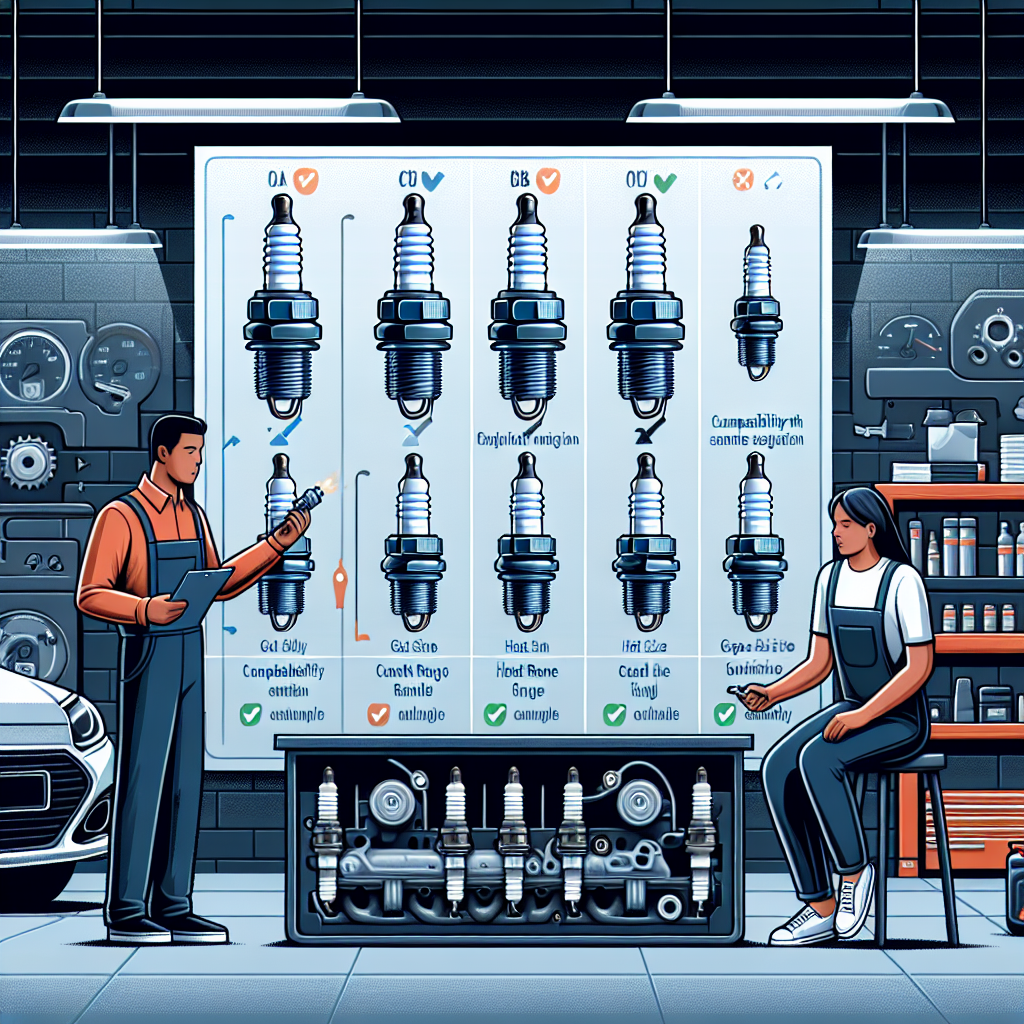The ignition plug, often referred to as the spark plug, plays a crucial role in the performance and efficiency of your vehicle’s engine. It does the vital job of igniting the air-fuel mixture in the combustion chamber, which in turn powers the engine. Selecting the right ignition plug can mean the difference between a smooth-running engine and one that exhibits reduced performance, poor fuel economy, and higher emissions. Here are some key tips to help you choose the right ignition plug for enhanced engine performance.
Understand the Basics
Before diving into the specifics, it’s essential to understand the basic function of an ignition plug. At its core, the spark plug is responsible for producing the spark that ignites the air-fuel mixture. It must endure extreme temperature fluctuations and operate efficiently under high pressure. A well-functioning spark plug ensures optimal combustion, leading to better engine performance and fuel efficiency.
Material Matters
Ignition plugs are made from various materials, including copper, platinum, and iridium. Each material has its pros and cons.
-
Copper: This is the most common type of spark plug material. Copper plugs are excellent conductors of electricity, providing a strong spark. However, they tend to have a shorter lifespan compared to other materials. They are ideal for older vehicles that may require frequent spark plug changes.
-
Platinum: Platinum spark plugs last longer than copper plugs. They operate at a higher temperature, reducing carbon buildup and providing better long-term performance. Platinum plugs are a good choice for modern vehicles that have longer service intervals.
- Iridium: These are the most durable and typically the longest-lasting spark plugs. Iridium plugs provide superior ignitability and performance. Although they may come at a higher cost, their longevity and efficiency often justify the investment.
Heat Range
The heat range of a spark plug is a critical factor that affects performance. It refers to the plug’s ability to dissipate heat from the combustion chamber. If a spark plug is too hot, it can cause pre-ignition or engine knock. If it’s too cold, it can lead to fouling and poor performance. The heat range is typically represented by a number, with lower numbers indicating a hotter plug and higher numbers indicating a cooler plug. Always refer to your vehicle’s manufacturer guidelines to select the proper heat range.
Gap Size
The gap size between the center and ground electrode is another vital consideration. A properly sized gap ensures that the spark has the right distance to jump across, leading to optimal combustion. Too wide a gap can cause misfires, while too narrow a gap can lead to weak sparks. Most modern vehicles come with pre-gapped spark plugs, but it’s always good practice to measure and adjust this gap as needed using a feeler gauge.
Check Compatibility
Not all spark plugs are compatible with every vehicle. Always consult your vehicle’s owner’s manual or a professional mechanic to determine the correct type of spark plug for your specific make and model. Compatibility ensures that the spark plug works efficiently with your engine’s design and performance requirements.
Consider Special Features
Some ignition plugs come with special features like multiple electrodes, V-groove electrodes, or surface discharge designs. These features can improve spark efficiency and engine performance but may not be necessary for all vehicles. Evaluate whether these advanced features align with your vehicle’s needs and your driving habits.
Brand Choices
While there are numerous brands available, sticking to reputable brands can make a significant difference in performance and reliability. Brands like NGK, Bosch, and Denso are well-known for their high-quality spark plugs. It’s worth spending a bit more on a reputable brand to ensure longevity and performance source.
Choosing the right ignition plug is a crucial step in enhancing your engine’s performance. By considering factors like material, heat range, gap size, and compatibility, you can make an informed decision that will keep your engine running smoothly and efficiently. Don’t overlook the importance of high-quality spark plugs—they are a small but mighty component that can have a significant impact on your vehicle’s overall performance.

